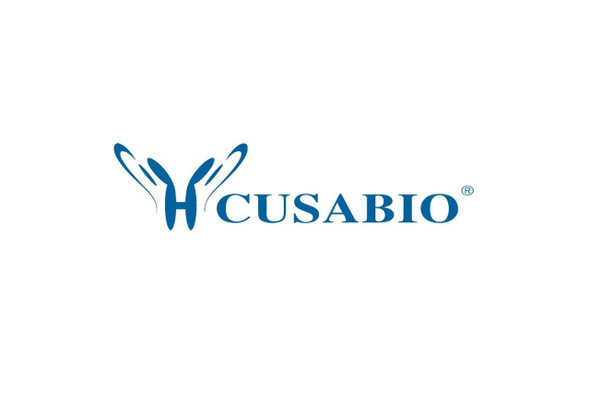Cusabio Polyclonal Antibodies
Phospho-TPH2 (Ser19) Antibody | CSB-PA123981
- SKU:
- CSB-PA123981
- Availability:
- 3 to 7 Working Days
- Size:
- 100ul
Description
Phospho-TPH2 (Ser19) Antibody | CSB-PA123981 | Cusabio
Phospho-TPH2 (Ser19) Antibody is Available at Gentaur Genprice with the fastest delivery.
Online Order Payment is possible or send quotation to info@gentaur.com.
Product Type: Polyclonal Antibody
Target Names: TPH2
Aliases: ADHD7; NTPH; TPH2;
Background:
This gene encodes a member of the pterin-dependent aromatic acid hydroxylase family. The encoded protein catalyzes the first and rate limiting step in the biosynthesis of serotonin, an important hormone and neurotransmitter. The human genome contains two related tryptophan hydroxylases, one on chromosome 11p15-p14 and one on chromosome 12q21. This gene is expressed predominantly in the brain stem. Mutations in this gene may be associated with psychiatric diseases such as bipolar affective disorder and major depression.
Walther D.J., Science 299:76-76 (2003) .
Scherer S.E., Nature 440:346-351 (2006) .
Isotype: IgG
Conjugate: Non-conjugated
Clonality: Polyclonal
Uniport ID: Q8IWU9
Host Species: Rabbit
Species Reactivity: Human, Mouse, Rat
Immunogen: Peptide sequence around phosphorylation site of Serine 19 (G-F-S (p) -L-D) derived from Human TPH2.
Immunogen Species: Human
Applications: ELISA, WB
Tested Applications: ELISA, WB;WB:1:500-1:1000
Purification Method: Antibodies were produced by immunizing rabbits with synthetic phosphopeptide and KLH conjugates. Antibodies were purified by affinity-chromatography using epitope-specific phosphopeptide. Non-phospho specific antibodies were removed by chromatogramphy using non-phosphopeptide.
Dilution Ratio1: ELISA:1:2000-1:10000
Dilution Ratio2: WB:1:500-1:1000
Dilution Ratio3:
Dilution Ratio4:
Dilution Ratio5:
Dilution Ratio6:
Buffer: Rabbit IgG in phosphate buffered saline (without Mg2+ and Ca2+), pH 7.4, 150mM NaCl, 0.02% sodium azide and 50% glycerol.
Form: liquid
Storage: Upon receipt, store at -20°C or -80°C. Avoid repeated freeze.
Initial Research Areas: Neuroscience
Research Areas: Neuroscience






